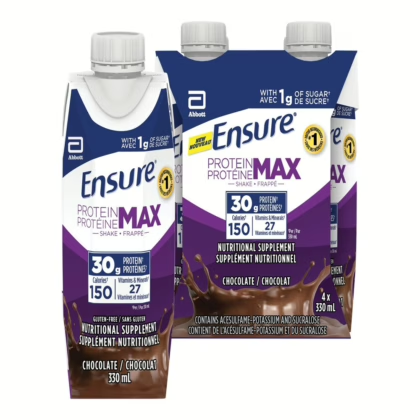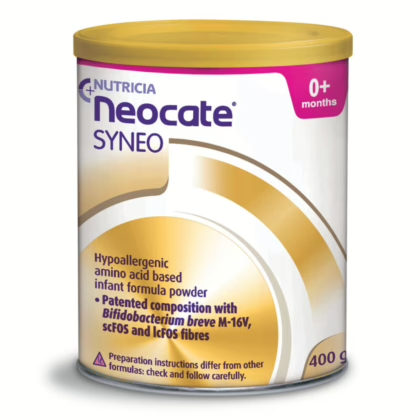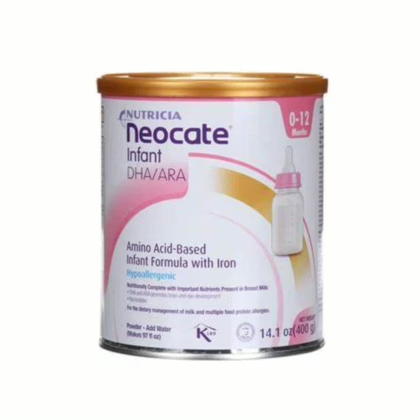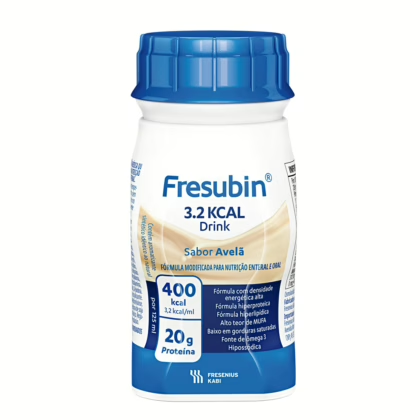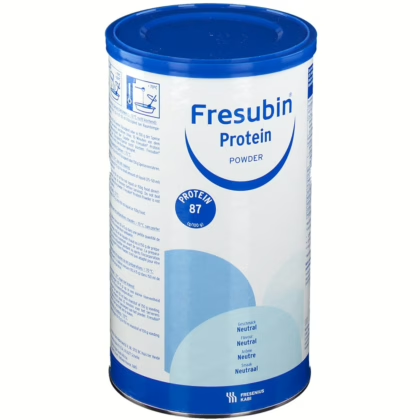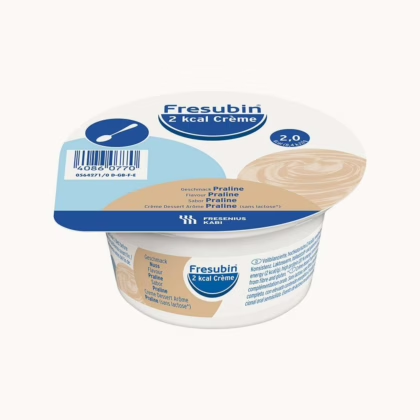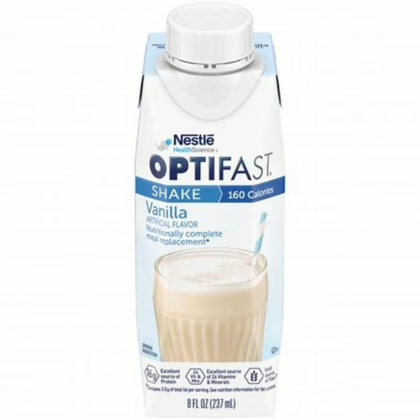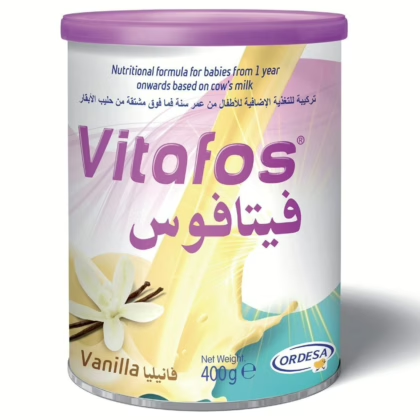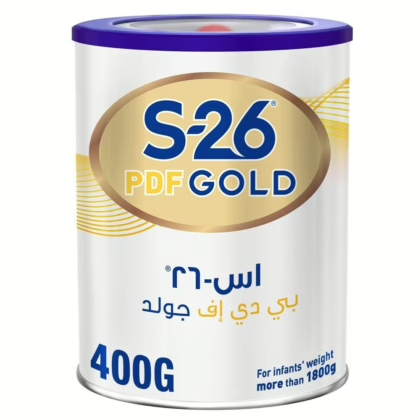
Ramadan, a holy month of spiritual reflection and community, brings a unique set of challenges. Extended fasting hours can disrupt our regular routines, and staying hydrated becomes a top priority. Dehydration can quickly zap your energy, hinder focus, and cast a shadow over the joy of this special time. Luckily, with some simple strategies and a shift in perspective, you can navigate Ramadan feeling refreshed and energized. In this guide, we’ll explore effective ways to Manage Dehydration During Ramadan, ensuring a healthy and fulfilling fast.
So, let’s discover how to stay hydrated and vibrant throughout this sacred month.
Here are some key tips to help you manage dehydration during Ramadan:
By following these tips and making small adjustments to your routine, you can manage dehydration during Ramadan and stay hydrated. Remember, prioritizing your health allows you to fully embrace the spiritual significance of this holy month.



